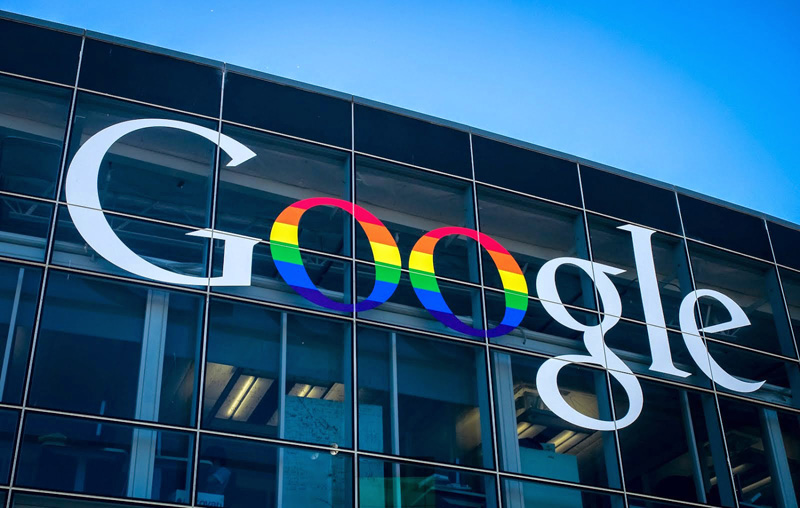
Google Ranking Factors
Everyone wants to be at the top of Google search results and for some, this one task often becomes a fixation! If you’ve ever tried to improve your search rankings on Google, you probably already know that it’s not a simple task! In fact, the Google algorithm considers more than 200 factors when deciding where to rank a website on the index. Some of these factors are obvious (be mobile responsive, don’t buy links, don’t use content mills…) while others are far less so.
Now granted, there’s certainly no shortage of How to rank on Google posts floating around the interwebs, so I thought today we’d take a deeper look at a handful of lesser known factors, which like Facebook, tend to change fairly regularly. Some of them you may even consider a little odd actually. Odd in that we have to ask ourselves, why would Google look at such a thing?
So with over 220 factors that Google considers when “judging” a website which ones stand out?
- Domain Registration Length: How long you renew your domain name for matters! Reason being and we quote: “Valuable (legitimate) domains are often paid for several years in advance, while doorway (illegitimate) domains rarely are used for more than a year. Therefore, the date when a domain expires in the future can be used as a factor in predicting the legitimacy of a domain”. If you’re in business, you should definitely consider extending your domain registration length.
- Public vs. Private WhoIs: Private WhoIs information may be a sign of “something to hide”. Matt Cutts is quoted as stating at Pubcon 2006:
“…When I checked the whois on them, they all had “whois privacy protection service” on them. That’s relatively unusual. …Having whois privacy turned on isn’t automatically bad, but once you get several of these factors all together, you’re often talking about a very different type of webmaster than the fellow who just has a single site or so.” - Duplicate Content: This one is a flat-out no brainer. Identical content on the same site (even slightly modified) can negatively influence a site’s search engine visibility. Personally, I take this one step further and include duplicate anything (not just content) so page Titles, Meta Descriptions and Alt tags etc. too. Duplication, in general, anywhere on a website is bad!
- Reading Level: I have long promoted this point in my SEO and Blogging classes and there’s no doubt that Google estimates the reading level of webpages and content. But what they do with that information remains up for debate. Some say that a basic reading level will help your page rank because it appeals better to the masses. Another position is that reading level was also one factor that separated quality sites from content mills (ie: buying 10 blog posts per month for $20).
Another point I personally agree with but stick to the fact that even though you have a complicated topic, it still needs to be conveyed and hopefully understood by as wide an audience as possible. Often, I liken this point to public speaking where we still often find the speaker carrying on at a level 10 on the tech scale to a bewildered room of people more comfortable at a Level 2. Ultimately a huge fail and one I saw very recently at an international conference from a very high profile global company! It doesn’t matter what media your playing on folks, the goal is to communicate effectively so that you can easily be understood by your audience. - Word Count of Linking Content: Another no brainer here – A link from an original 1000-word post is far more valuable than a link inside of a 25-word snippet. Just one more reason to NEVER BUY LINKS! Wait, did I say that already?
Want more Tips for Small Business?
And just for fun…
- Google has a Sandbox: New sites that get a sudden influx of links (ie: “Buy 100 Backlinks for $10” kind…) are sometimes put in the Google Sandbox, which temporarily limits search visibility. They do this to validate this sudden influx and just like in Golf, the sand can be a real b!tch to get out of…
- Google Dance: The Google Dance can temporarily shake up rankings. According to a Google Patent, this may be a way for them to determine whether or not a site or “web guru” or “media maven” type is trying to “game” the algorithm.
So there you have it for today, 5 quick tips to help get your Google groove on – hope these help!
Questions?
If you have questions about anything you’ve read here, please give us a Call at 250-732-2937 or Email Us, advice is always free.